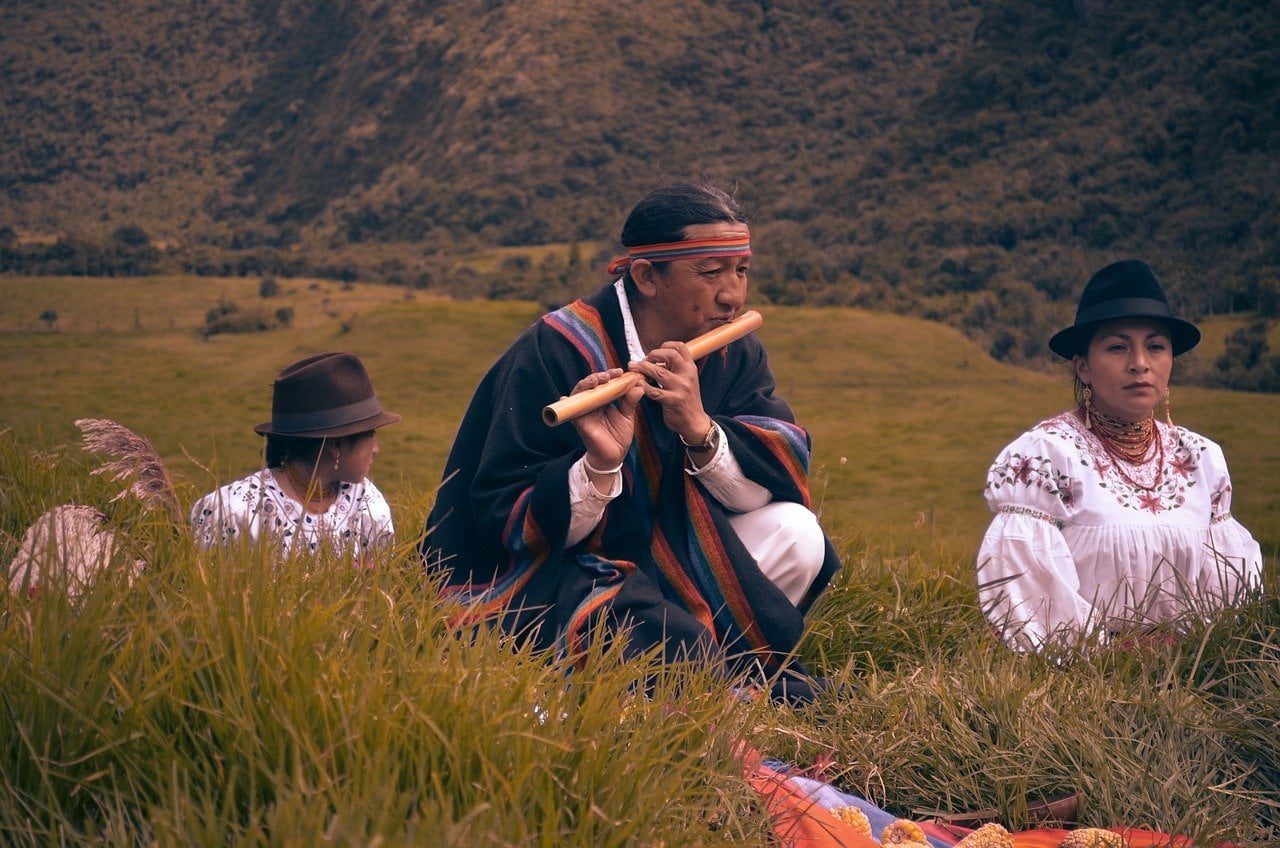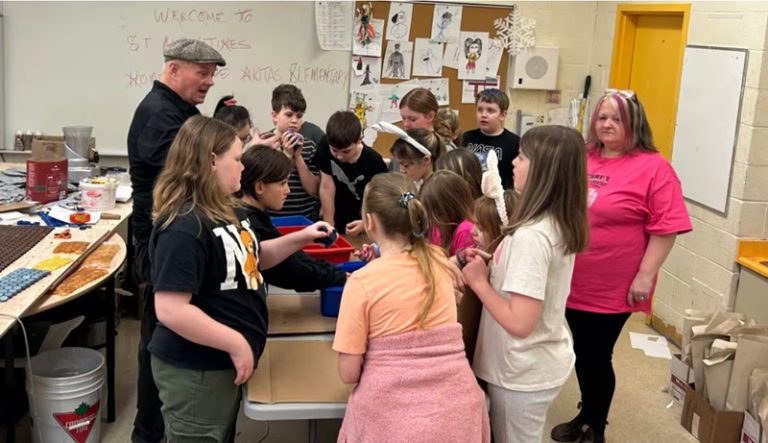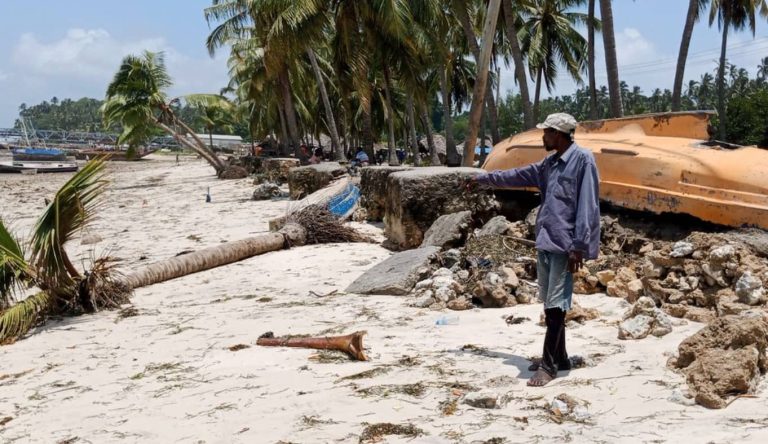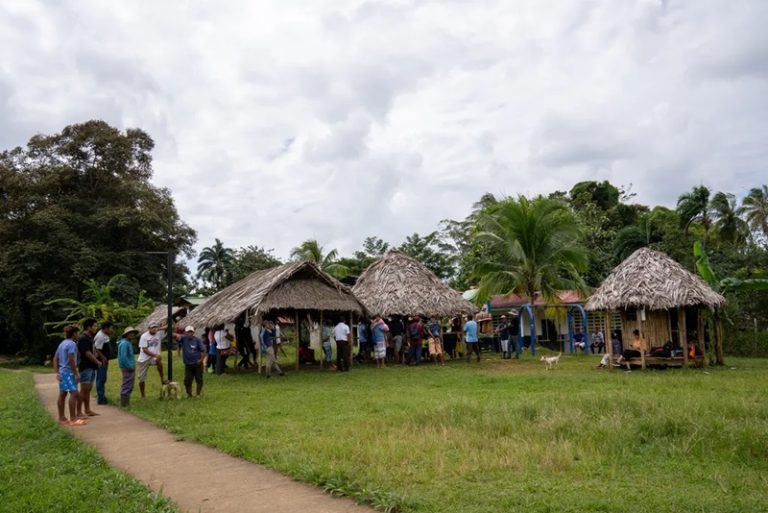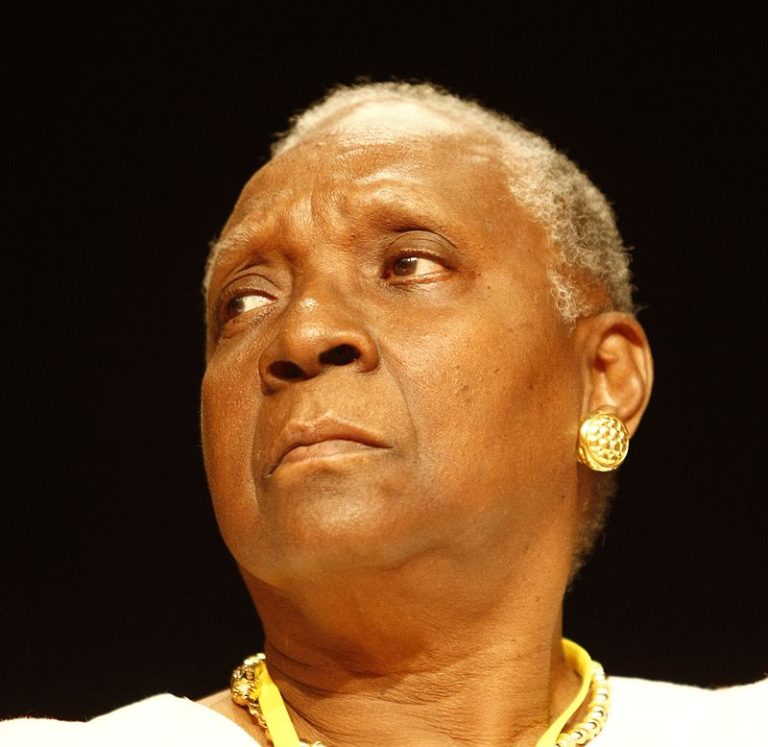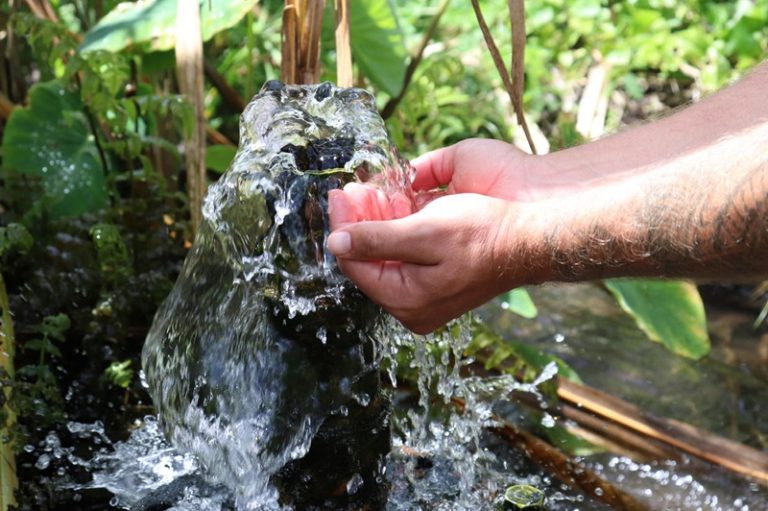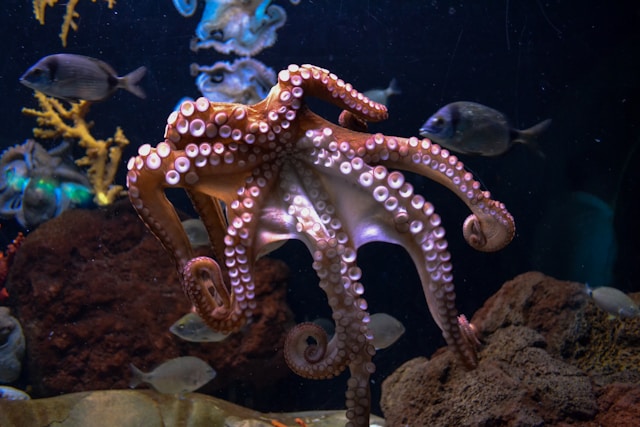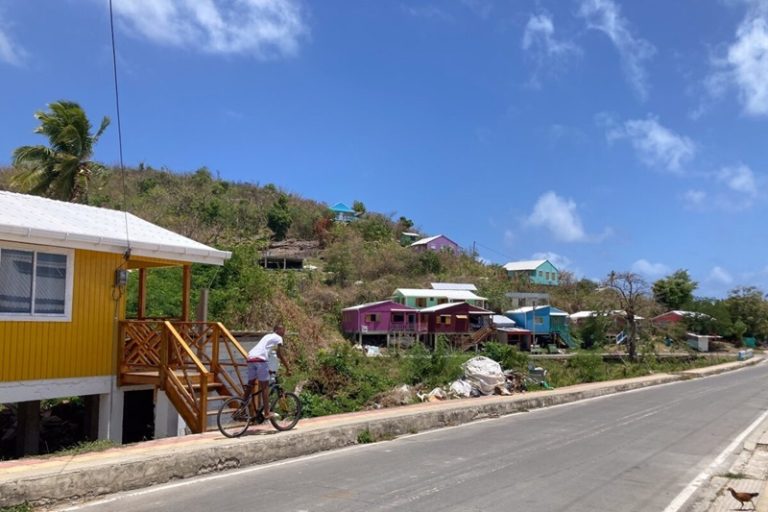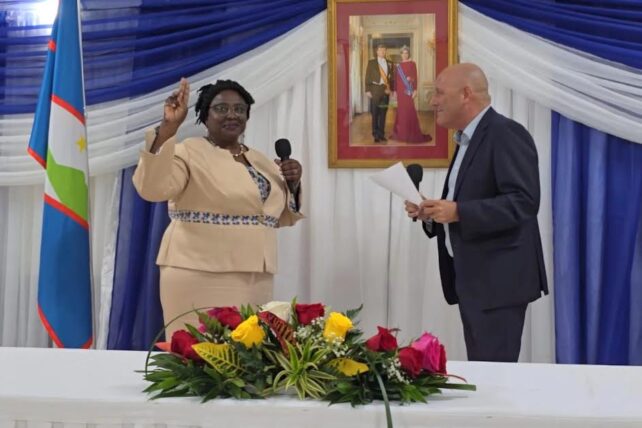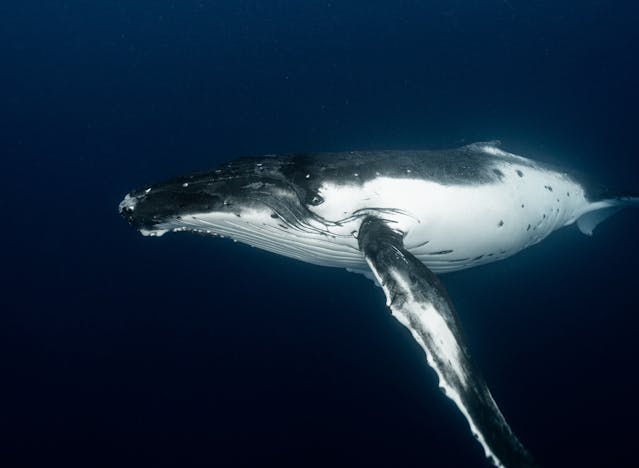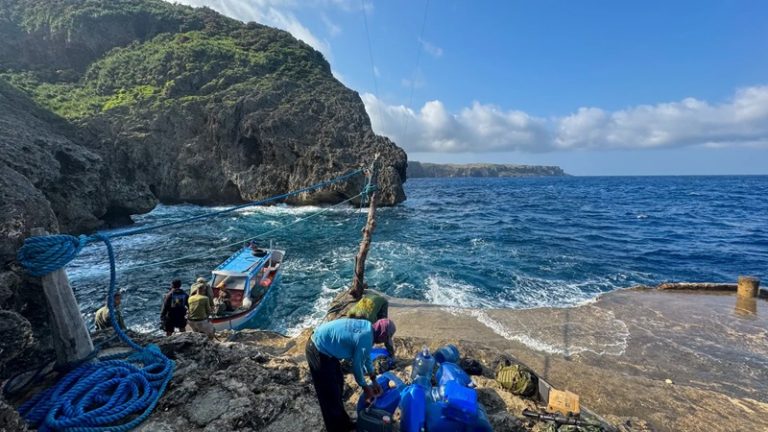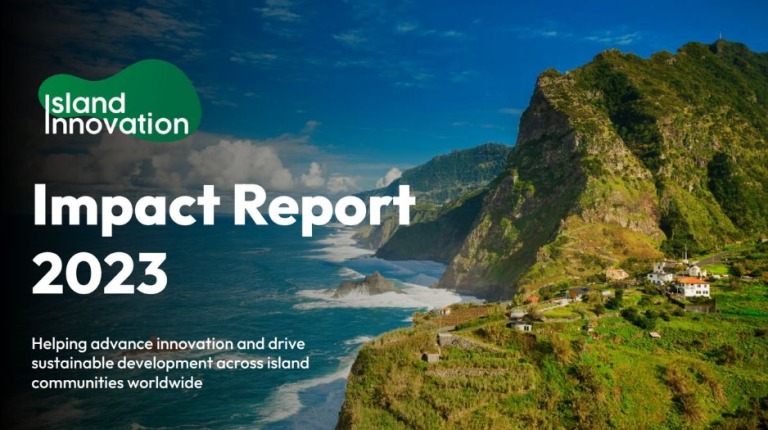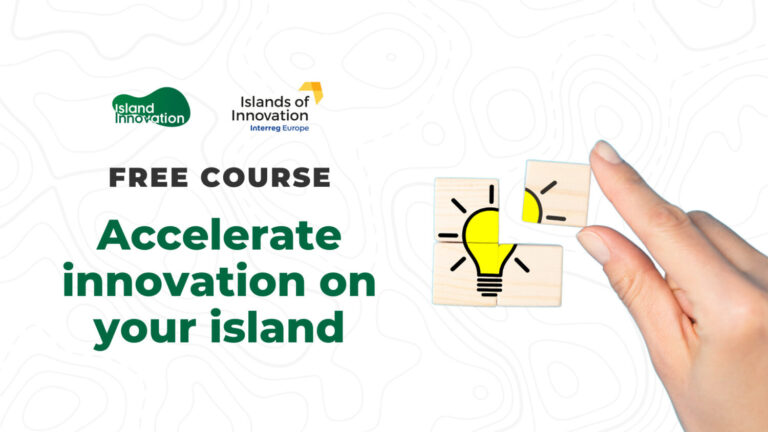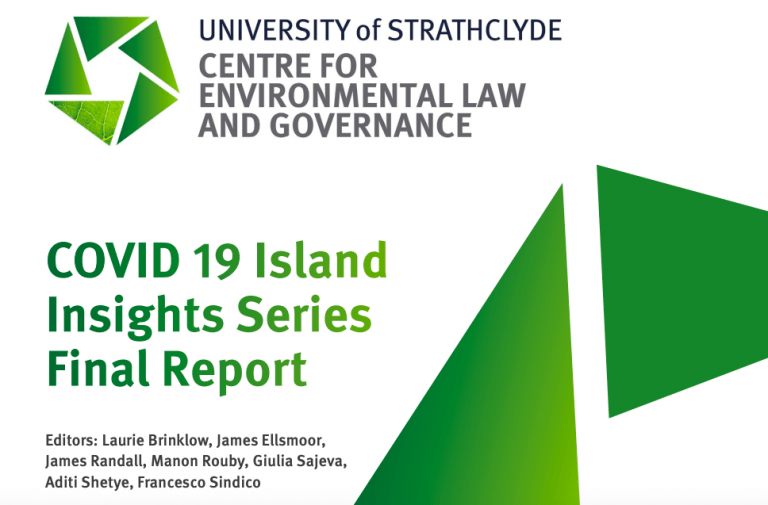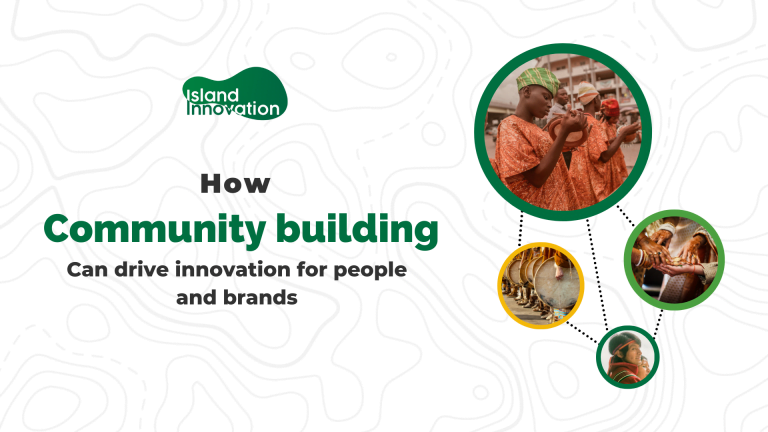Excerpt from Mongabay
One of the dominant trends in conservation over the past 20 years has been growing recognition of the contributions Indigenous peoples have made toward conservationists’ goals of protecting biodiversity, wild places, and ecosystem functions. Lands stewarded by Indigenous peoples and local communities sequester at least a sixth of forest carbon and house 80% of terrestrial species. Most of the world’s largest intact landscapes — from the Amazon rainforest to the island of New Guinea — have a long history of human inhabitation and today have substantial Indigenous populations.
This view is a departure from historical conservation approaches, which have tended to marginalize, undervalue, or even criminalize Indigenous peoples, whose traditional homelands were at the same time being bulldozed for plantations and ranches; torn up for ore, minerals, and oil; poisoned by industrial waste and pollution; and invaded by speculators. Historically, Indigenous peoples’ contributions haven’t been compensated by the outside world; in fact, there are many documented cases where in the name of establishing strict protected areas they have been forced from the lands they’ve traditionally stewarded or had the activities they’ve practiced for generations restricted.
The transition unfolding across conservation is an important development for the sector, but going from talking about change to actually implementing meaningful reforms will be a challenge. It requires earnestly listening to criticism, engaging and empowering stakeholders who’ve been traditionally ignored or marginalized, reevaluating legacy relationships, and upending power structures, among other measures.
For these reasons, Peter Seligmann is an important figure to watch. Seligmann is one of the best-known and most influential figures in conservation. After beginning his career at The Nature Conservancy, Seligmann co-founded Conservation International (CI) in 1987. Seligmann grew CI into a conservation giant that won the backing of high-profile celebrities, business executives, and political leaders as it expanded into some of the world’s most biologically and culturally diverse areas.

